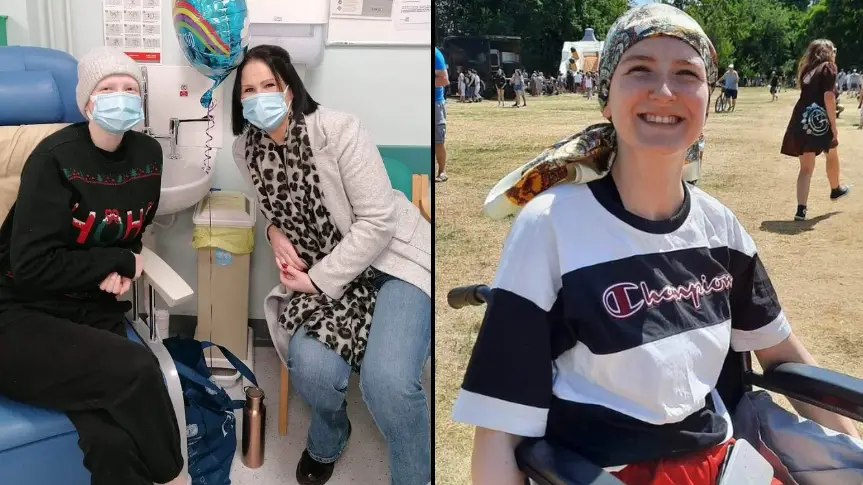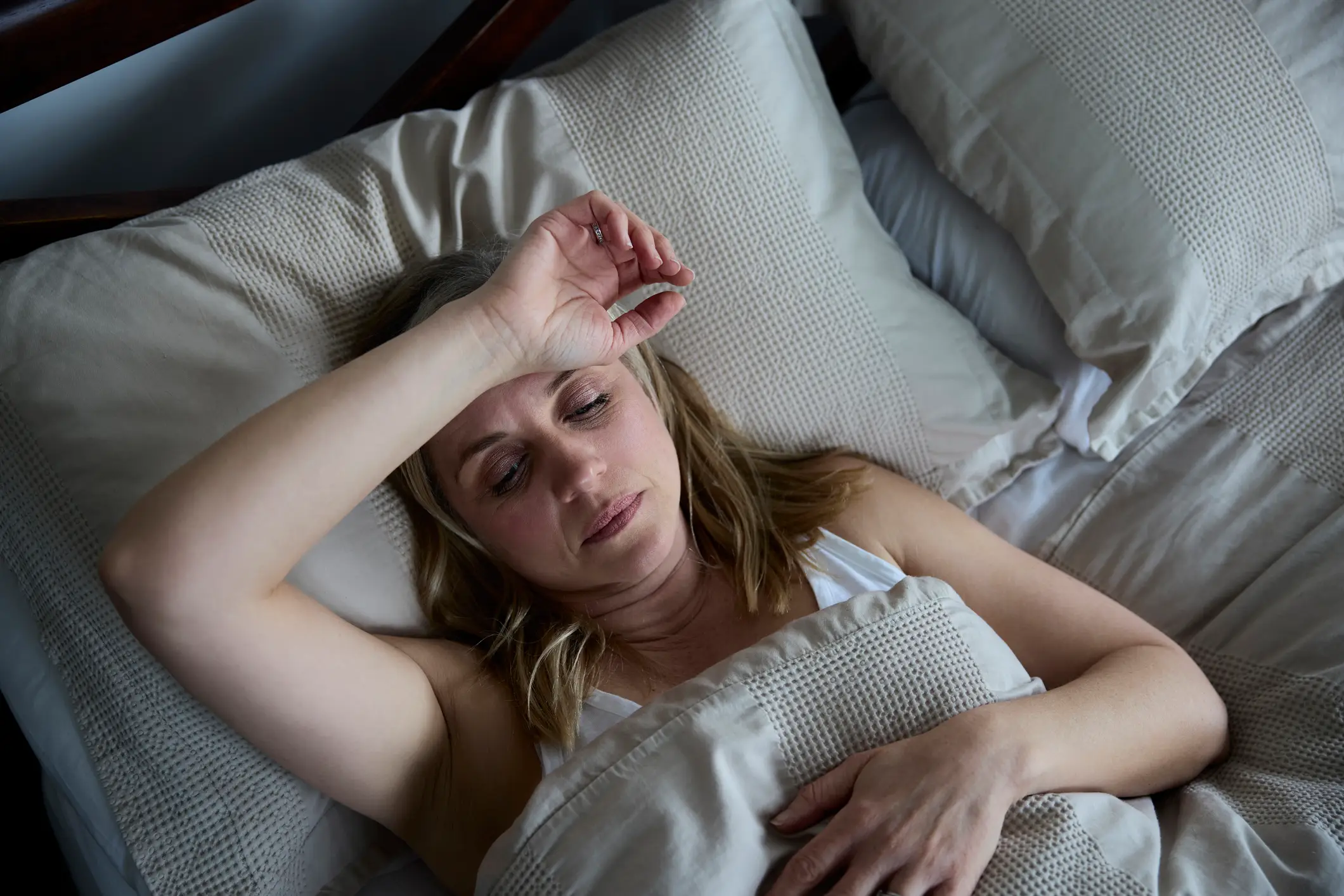
The human body has a remarkable way of telling you when something is seriously wrong.
For instance, if you eat something that doesn’t sit right in your gut, it’ll cause you pain or discomfort, meaning you'll know to avoid it.
But if having a cheeky pint is causing a reaction, then it's vital that you go to your doctor as it could possibly be a sign of cancer.
This is what happened to Lucy Wiswould-Green after she noticed that one recurring symptom would usually occur after she'd had an alcoholic drink.
Advert
She was later diagnosed with an 'uncommon' type of cancer that the NHS describes as a 'relatively aggressive cancer', which can 'quickly spread through the body'.

The Mayo Clinic describes Hodgkin lymphoma as 'a type of cancer that affects the lymphatic system. The lymphatic system is part of the body's germ-fighting and disease-fighting immune system'.
“Hodgkin lymphoma begins when healthy cells in the lymphatic system change and grow out of control.” the site further explains.
As this type of cancer develops in the lymphatic system, it begins in the network of vessels and glands throughout the body, and can cause pain in the lymph nodes when drinking alcohol.
And knowing what to look out for could save your life.
Here are what symptoms of Hodgkin lymphoma might include:
- The painless swelling of lymph nodes in your neck, armpits or groin
- Fatigue
- Fever
- Night sweats
- Itchy skin
- Unexplained weight loss
Especially in the current summer months, certain symptoms, like night sweats, might be dismissed as being caused by the warm weather.
Dr Suhail Hussain urged Brits to get checked out if they were regularly sweating at night.
“Sweating at night is a common phenomenon and one that is far more likely to happen on hot sticky nights such as we’re experiencing now," he said to The Daily Express.
"However, the occurrence of such symptoms should not merely be dismissed as, ‘Oh well it’s just hot outside’.

He revealed: "Night sweats can be a sign of something more serious, for example, serious infections, the menopause and even cancer."
Dr Hussain added: “Sweats associated with cancer are normally drenching – literally. You can wake up with your pyjamas and bed sheets wringing wet with sweat.”
As well as lymphoma, night sweats can also be a symptom of leukaemia, which also affects the blood and lymph mode systems.
Dr Hussain said: “Other concomitant symptoms could include flushing of the skin, alterations in pulse and blood pressure and muscle and joint aches.
"The bottom line is that if you feel like sweaty Betty or perspiring Pete and it's going on a bit too long, then head over to your GP and get checked out."
